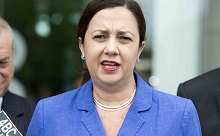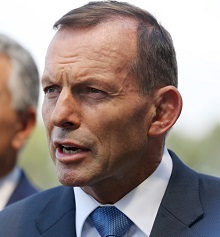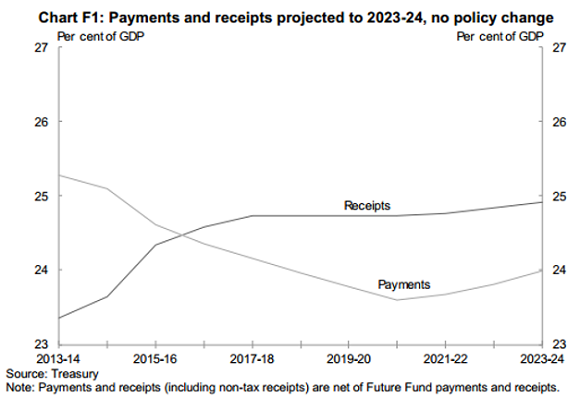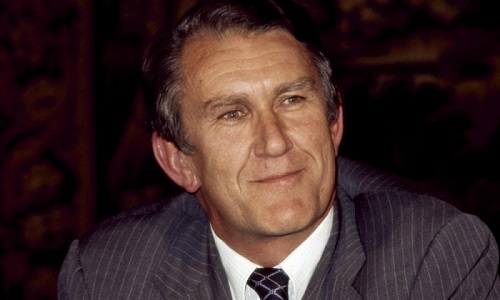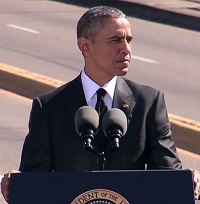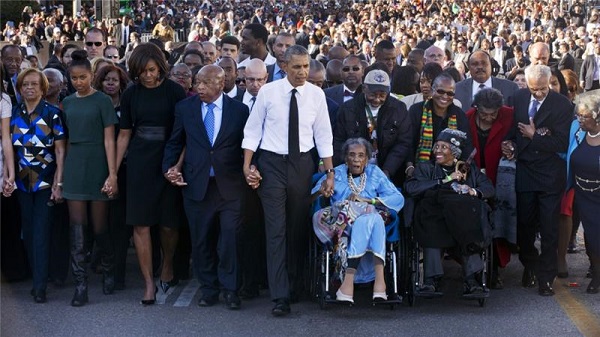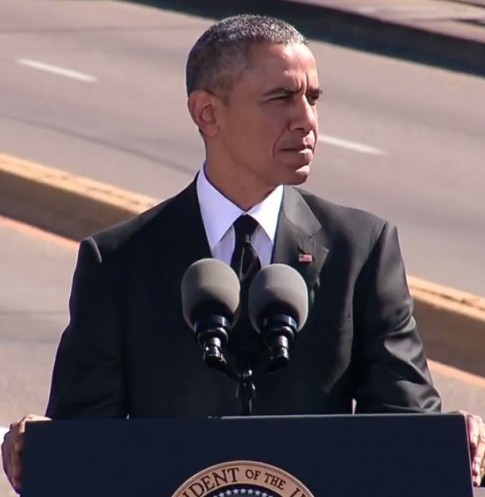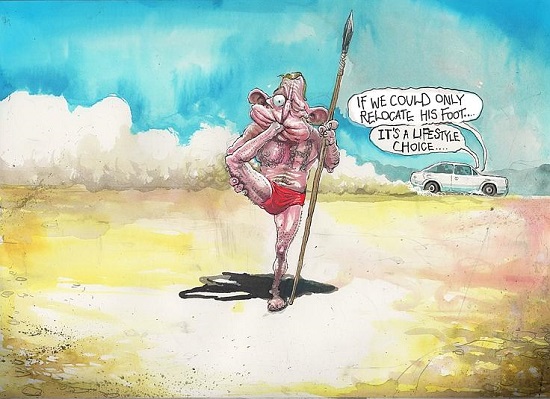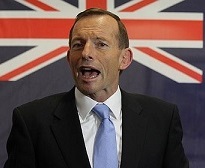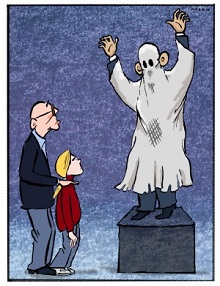John Quiggin has written about the Trans-Pacific Partnership (TPP) trade talks (article here, plus commentary at his blog).
This is meant to be a link post, but knowing how lazy people are with links I’ll highlight a few points here with a few comments of my own.
So far the negotiations involve twelve countries: Australia, Brunei, Canada, Chile, Japan, Malaysia, Mexico, New Zealand, Peru, Singapore, the United States, and Vietnam. Potential members include India and Indonesia. China, not so far but perhaps eventually.
Quiggin says that apart from agricultural products tariffs, quotas and other restrictions on trade have largely disappeared in our region. The TPP represents the emergence of “new generation” agreements. At the core of these agreements lie investor-state relations where a transnational corporation can sue a government for damaging its commercial interests by passing laws the detract from the corporations profits. Investor-state disputes are settled by a trade panel, usually three lawyers. Their rulings stand and are not appeallable in any court of law. Concerns include the environment, human rights protection, public welfare regulation, and health effects. Any law found u in the dispute ruling to inhibit a corporation’s profits is simply set aside.
For an overview, see AFTINET’s pamphlet and links at the end. For example, under the North American Free Trade Agreement (NAFTA):
Currently, the US Lone Pine energy company is using ISDS [Investor-State Dispute Settlement] provisions in NAFTA to sue the provincial government of Quebec for $250 million because it suspended shale gas mining pending an environmental study in response to community concerns.
Quiggin didn’t mention this, but the precautionary principle doesn’t apply. Under NAFTA a product must be proven to cause harm before it can be restricted. Any law based on the precautionary principle could be set aside in a dispute.
It’s beyond the imagination to think that the Americans would agree to labelling GM foods in the TPP.
The new generation agreements also have intellectual property components, which enhance the rights of corporations beyond what would be commonly thought reasonable.
Investor-state relations and intellectual property are being used already by Philip Morris and Big Tobacco in an attempt set aside Australian tobacco labelling laws. Philip Morris, for example, has incorporated in Hong Kong to bring a case under investor-state provisions we signed up to way back in 1993. If successful under trade dispute provisions a 6-1 High Court decision supporting the labelling regulations would be set aside.
Politically there has been strong bi-partisanship in Australia under the banner “free trade is good” since Latham and Conroy went to water over the US Free Trade Agreement in 2004. Hence recent agreements have been seen an an unmitigated good. Quiggin points out that one way of concluding agreements quickly, as Robb has done, is to concede the other party’s demands.
In the case of the agreement with Japan, for example, Australia secured some modest concessions regarding tariffs on beef, which will be reduced from 38.5 per cent to 19 per cent over a period of fifteen years. In return, our government accepted the total exclusion of rice from the deal, and the maintenance of most restrictions on dairy products.
The Korean agreement, KAFTA, was arguably even worse. Reversing our previous position, the government agreed to the inclusion of investor–state dispute provisions. This was apparently done not in response to Korean demands but because US negotiators were pushing the provision in the parallel negotiations for the TPP.
Negotiations are going on in secret, but sections revealed through Wikileaks give cause for alarm. In the end:
It seems certain that the final agreement will involve a substantial loss of Australian sovereignty and an acceptance of economically damaging intellectual property rules. In return, Australia will receive marginal and long-drawn-out improvements in market access for agricultural commodities. While a Labor government might perhaps have held out for a better deal, it seems unlikely that the opposition will reject legislation implementing the agreement.
Quiggin is right, I think, when he says:
The new generation agreements are primarily about imposing a particular model of global capitalism, with the United States as the model and multinational corporations as the main engines of economic activity.
Back in 1999 massive protests disrupted the ministerial meeting of the World Trade Organisation in the ‘Battle in Seattle’. The WTO countered by holding the next meeting in Doha in 2001, where protester access was impossible, and promoting it as the “development round” ostensibly to meet developing country concerns. Against developing country resistance “New Issues” including investor-state relations, were forced onto the agenda. See the Road to Cancun section of my Webdiary piece Reaching for the Moon: how the poor lost and won at Cancun.
The so-called “New Issues” stemmed from a special WTO meeting in Singapore back in 1996 and included investor-state relations, which were pursued under the infamous and controversial MAI (Multilateral Agreement on Investment) under the aegis of the OECD until they were defeated in 1998.
At Cancun although investment was taken off the table during the meeting, some of the New Issues remained. However, through Japanese and Korean stubbornness and developing country resistance the talks collapsed. Attempts were made to revive the Doha round, but Quiggin says here that it finally broke down in 2008. Since then the US and other free trade advocates have been pursuing their ends through bilateral and regional agreements.
There were protests at Cancun, although the site was a peninsula which was blocked off. A South Korean farmer, Lee Kyung-Hai, famously committed suicide, apparently unable to compete with cheap Australian beef.
Since then there has been little protest and little public discussion in spite of the efforts of AFTINET, Getup and Choice.
Behind closed doors trade negotiators are determining the kind of society in which we will live, and we are letting them do it.
Ironically our best chance is a US Congress stalemate. Not good enough.





